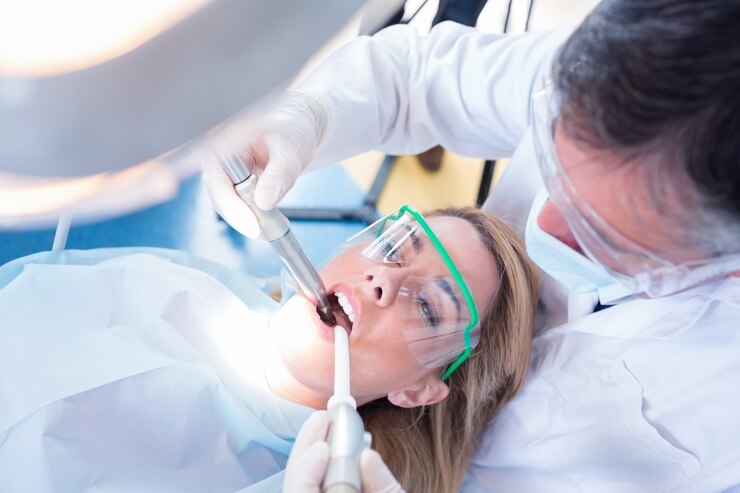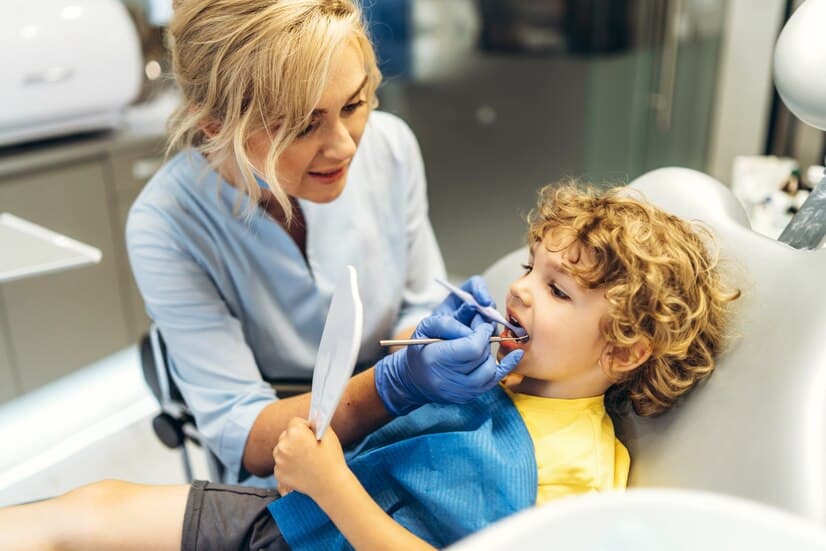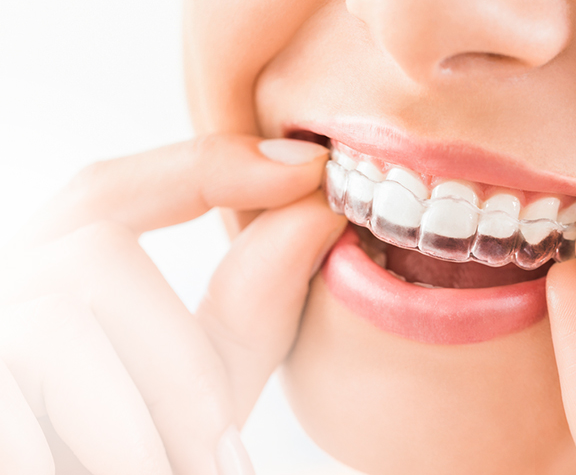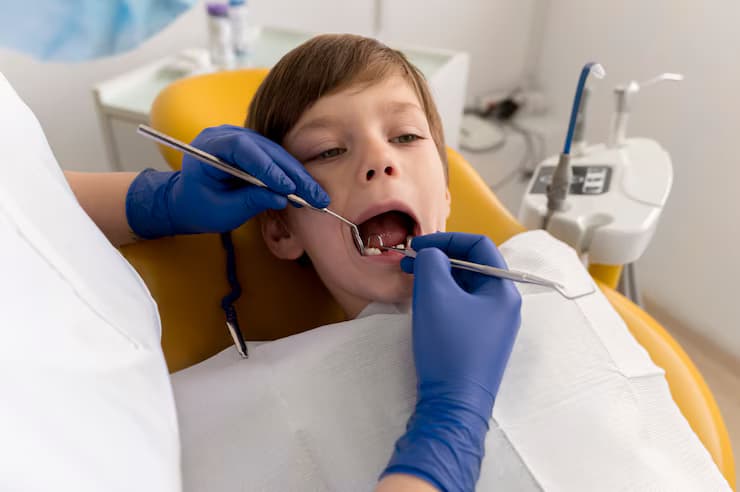What to Do If You Have a Dental Emergency Near You

Dental emergencies can strike unexpectedly, often causing immense discomfort and anxiety. Whether it’s a sudden toothache, a knocked-out tooth, or a broken filling, knowing how to react promptly can significantly influence the outcome of the situation.
This article explores the steps one should take during a dental emergency, ensuring that the right actions are taken to mitigate pain and preserve dental health.
Understanding Dental Emergencies
Dental emergencies encompass a range of situations that require immediate attention. Conditions such as severe toothaches, abscesses, cracked or broken teeth, and lost fillings or crowns are among the most common. It is essential to distinguish between a genuine emergency and a situation that can wait for a routine dental appointment. For instance, while a dull toothache might be bothersome, it may not necessitate urgent care, whereas a knocked-out tooth or a facial swelling should prompt immediate action.
The first step in managing a dental emergency is understanding the severity of the problem. Many people experience panic in these situations, which can cloud their judgment. Therefore, remaining calm and assessing the issue objectively is crucial. Recognising the warning signs—such as bleeding, swelling, or intense pain—can help determine the urgency of the situation.
Immediate Steps to Take
Upon identifying a dental emergency, there are several immediate steps one can take to alleviate symptoms and prepare for professional help. If there is bleeding, applying gentle pressure with a clean cloth or gauze can often help. For swelling, applying a cold compress to the affected area can reduce inflammation and numb the pain. This simple first aid can provide much-needed relief while waiting to see a dentist.
In cases of a knocked-out tooth, time is of the essence. The ideal scenario involves re-inserting the tooth into its socket within 30 minutes. If that is not possible, gently rinsing the tooth with water and storing it in a container of milk or saliva can help preserve it until a dental professional can be consulted. It is vital to handle the tooth by the crown and avoid touching the roots, as this can damage the delicate cells necessary for reattachment.
Should a broken tooth or a lost filling occur, it is advisable to keep any fragments that can be found. Rinsing the mouth with warm salt water can provide comfort and help prevent infection. For broken teeth with jagged edges, covering the area with dental wax or even sugarless gum can protect the gums from irritation.
Finding Emergency Dental Care
Once immediate steps have been taken, the next priority should be to seek professional dental care. Knowing where to find emergency dental services is essential for anyone. Many dental practices offer emergency appointments, so it is wise to locate a nearby dentist who can provide urgent care.
In some cases, local hospitals might have dental services available. However, they often deal with more severe cases and may not provide the same level of specialised dental care as a dedicated dental clinic. Therefore, it's beneficial to conduct a little research beforehand to identify the best options available in the vicinity. Online reviews and recommendations from friends or family can also guide the selection of a suitable emergency dentist.
It's also important to check the hours of operation, as many dental emergencies occur outside of regular business hours. Some clinics offer extended hours or are open on weekends, which can be immensely helpful when faced with an urgent situation. Preparing a list of local emergency dentists ahead of time can save valuable moments during a crisis.
Preventive Measures and Long-term Care
While dental emergencies can be unpredictable, certain preventive measures can significantly decrease the likelihood of experiencing one. Regular dental check-ups are crucial for maintaining oral health and catching potential issues before they escalate into emergencies. Dentists can identify early signs of decay, gum disease, or other issues that might lead to urgent care.
Additionally, maintaining a solid oral hygiene routine is vital. Brushing at least twice a day, flossing daily, and using mouthwash can help prevent cavities and gum disease. It is also wise to avoid habits that can damage teeth, such as chewing on hard objects or grinding teeth during sleep. For those prone to dental issues, wearing a mouthguard during sports or while sleeping can provide an extra layer of protection.
To complement good dental hygiene, a balanced diet plays a significant role in oral health. Foods that are high in sugar can lead to cavities, while those rich in calcium and vitamins can strengthen teeth and gums. Staying hydrated and drinking plenty of water can also help maintain saliva production, which is essential for neutralising acids in the mouth.
When to Seek Immediate Help
There are specific scenarios in which seeking immediate dental help is non-negotiable. For instance, if there is a severe injury to the mouth or jaw following an accident, or if a tooth has been completely avulsed, immediate professional care is critical. Similarly, signs of infection, such as swelling, fever, or pus, warrant a swift visit to a dental professional. Ignoring these symptoms can lead to more serious health complications.
Moreover, if pain persists despite self-care measures, or if there are any concerns about the severity of the condition, it is always better to err on the side of caution. A dental professional can provide treatment options tailored to the individual’s needs, ensuring both comfort and health are prioritised.
In summary, dental emergencies can be daunting, but knowing how to respond effectively can make a significant difference in outcomes. By understanding the nature of the emergency, taking immediate action, and seeking professional help promptly, individuals can navigate these situations with confidence and care. Prioritising regular dental visits and maintaining good oral hygiene practices can further reduce the risks associated with dental health, ensuring a brighter and healthier smile for the future.
Note: IndiBlogHub features both user-submitted and editorial content. We do not verify third-party contributions. Read our Disclaimer and Privacy Policyfor details.





